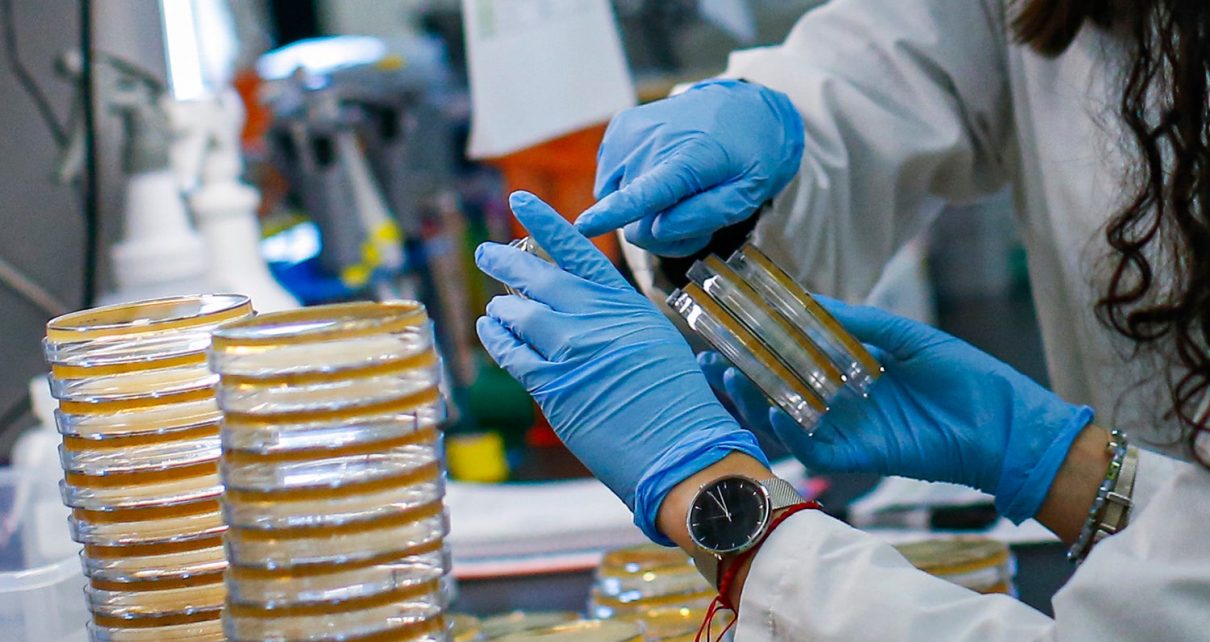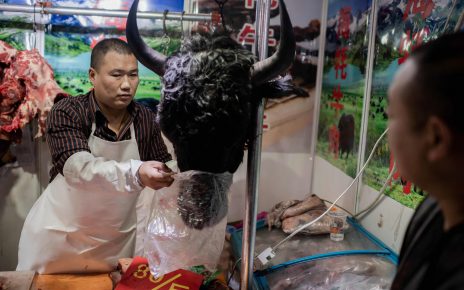A survey of more than 4,000 researchers in the United States suggests that better coordination at an institutional and national level could make hundreds of thousands more tests for coronavirus available.
The survey was prompted by a Nature investigation published on 9 April, revealing that several top university laboratories that have received regulatory approval to process tests for SARS-CoV-2 are operating at half their potential capacity.
Testing is urgently needed. Hospitals continue to face delays in providing test results, and nursing homes, homeless shelters and other shared-living facilities report a lack of tests for screening at-risk residents. US officials mainly agree that more testing is needed if they are to loosen social-distancing and lockdown measures.
To find out what is preventing molecular-biology laboratories from helping with this effort, Giovanni Paternostro, a biomedical researcher at Sanford Burnham Prebys Medical Discovery Institute in La Jolla, California, and Joshua Graff Zivin, an economist at the University of California, San Diego, sent a survey to 35,000 principal investigators who had received grants from the US National Institutes of Health (NIH) in 2018.
Of the more than 4,000 researchers who responded within the first week, about 130 were already running tests to detect the new coronavirus. Nearly 1,600 said that they had the main tool needed to run tests, a real-time PCR machine, and operated under the biosafety conditions required for working with pathogenic organisms such as coronavirus. But they were not testing.
Both groups—those who are testing and those who could—were asked what they would need to process more tests or to begin testing. Resources such as reagents and funding were a popular response for both groups, as was coordination by the NIH or their own institution. About 95% of labs not currently testing said they needed more information on protocols and regulations, such as the key Clinical Laboratory Improvement Amendments (CLIA) certification for providing clinical test results. But 43% of labs currently doing testing said that they could do with more information in these areas as well.
Almost 1,000 investigators left comments, with many describing the bottlenecks they face or their interest in assisting with the coronavirus response in other ways. One respondent, George Murphy, a stem-cell biologist who is running a coronavirus-testing operation at the Boston University School of Medicine in Massachusetts, says the survey and comments made him realize how lucky he was that his administrative leaders were flexible and pushed hard through regulatory hurdles. “Coordination at the institutional level was key,” he says.
This article is reproduced with permission and was first published on April 21 2020.
Read more about the coronavirus outbreak here.




